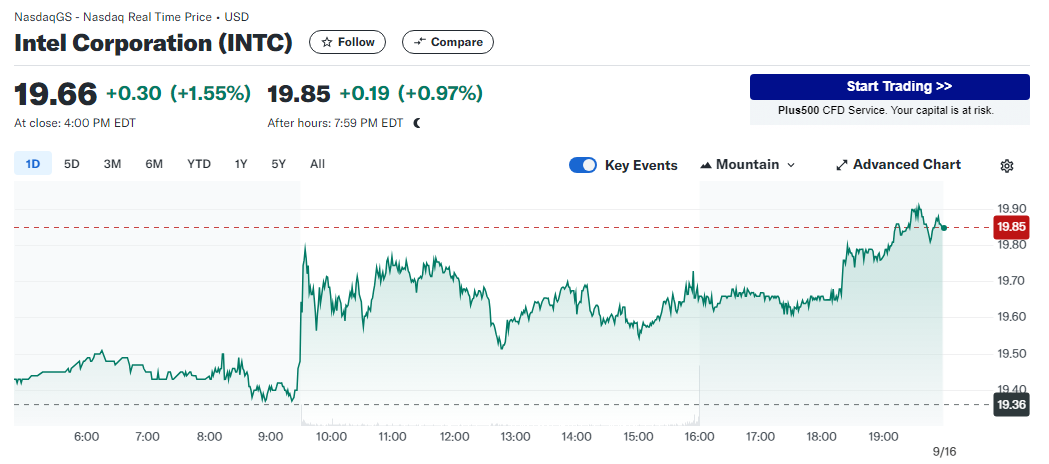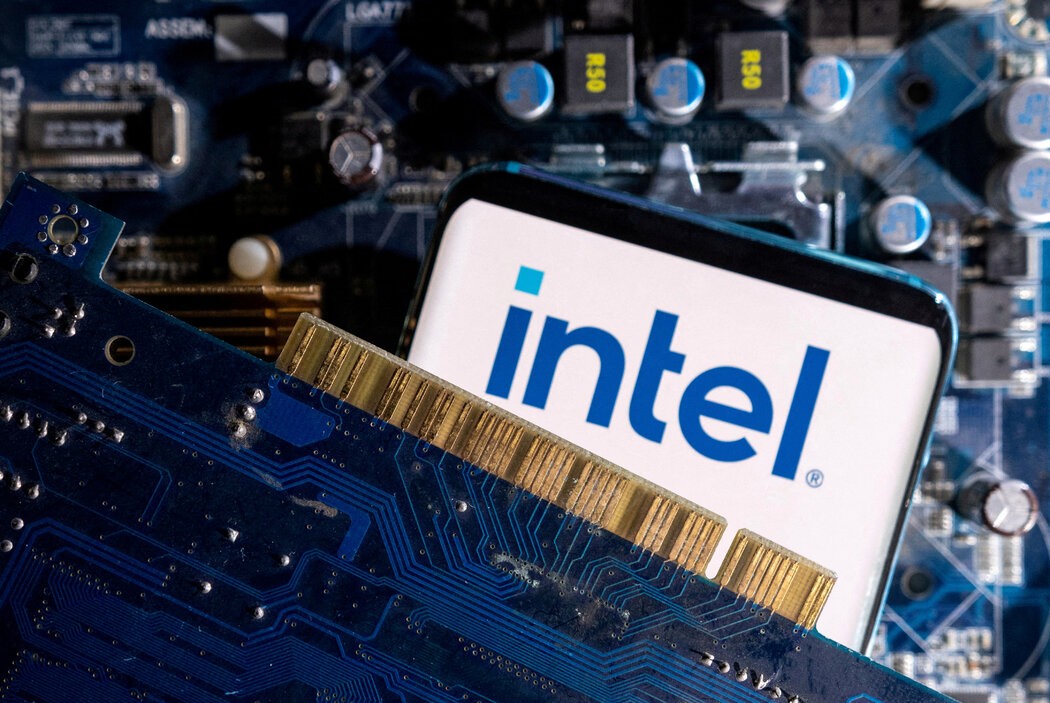Intel Obtains $3.5bn Subsidies for US Military Chips Manufacture
Intel has reportedly received a $3.5 billion federal grant to manufacture semiconductors for the U.S. Department of Defense through a "Secure Enclave" program.
According to informed sources, after reaching a binding agreement with U.S. officials, Intel has officially secured $3.5 billion in federal funding to produce semiconductors for the Department of Defense. This secret program, named "Secure Enclave," aims to establish a production base for advanced chips with military and intelligence applications. The program reportedly involves several states, including a production facility in Arizona.
Although Intel has been the largest beneficiary of federal chip subsidies, other chip manufacturers have resisted this, and the government has wavered on relying on the same company. Additionally, disputes over funding among multiple agencies and Congress may affect the total amount of subsidies Intel can receive.
Sources indicate that the funds may be announced as early as next week. In March of this year, Intel received $8.5 billion in grants and $11 billion in loans under the CHIPS and Science Act.
Intel, the U.S. Department of Commerce, and the Department of Defense have declined to comment. The White House did not immediately respond to a request for comment.
After this news reached the market, Intel's stock rose less than 1% in after-hours trading. As of the close of trading, Intel's stock has fallen 61% this year, closing at $19.66.

The "Secure Enclave" program indicates that despite recent troubles, the U.S. government still trusts Intel to execute the Department of Defense's plans. Last month, Intel released a poor financial report and revenue forecast, causing a stock plunge and shaking market confidence in its turnaround prospects.
Intel is reportedly reassessing its manufacturing targets. Although a final decision has not been made, sources suggest that Intel is more likely to delay or halt projects outside the U.S. rather than affecting production progress at its flagship plants in Arizona and Ohio.
Moreover, the program highlights the Biden administration's choices. Department of Defense officials insist on sourcing cutting-edge semiconductors from U.S. companies, and Intel is the only U.S. company manufacturing advanced processors, while TSMC, Samsung, and other manufacturers are building plants in the U.S. with the support of the CHIPS Act.
For chip manufacturers, the Department of Defense is a challenging customer. The latest report from the National Academy of Sciences, Engineering, and Medicine found that companies involved in the so-called "trusted foundry" program, which focuses on older-generation chips, often struggle to meet the Department of Defense's requirements or fail to achieve adequate returns on these orders.
Previously, some officials had discussed procuring chips from foreign manufacturers' U.S. plants, but discussions remained focused on broader procurement guidelines unrelated to the "Secure Enclave" program. It remains unclear which chip models Intel will produce for the Department of Defense.
Intel operates both design and manufacturing businesses but still relies on TSMC for some of its most advanced processors. Meanwhile, Intel has been working to persuade potential clients like Nvidia and AMD of its product capabilities. U.S. Secretary of Commerce Gina Raimondo had encouraged these companies to consider producing at Intel's Ohio plant, but neither company currently plans to do so.
Intel has also claimed that other companies, including Microsoft, are considering adopting Intel for production lines, but no large orders or significant revenue have yet materialized.

Currently, Intel is still negotiating the terms of the "Secure Enclave" program and may use the funds for production facilities in Arizona, Ohio, New Mexico, and Oregon. Like other chip subsidy recipients, Intel has not yet received any funds, as the disbursement of the subsidy is still in the preliminary stages.
Earlier this year, the U.S. chip subsidy program faced controversy over responsibility issues, with the funding handling procedures not being part of the standard application process.
Previously, the Department of Defense was supposed to provide most of the funding for the "Secure Enclave" program but canceled its $2.5 billion commitment in February. Subsequently, Congress handed over full responsibility for the program to the Department of Commerce, which originally only needed to handle the remaining $1 billion. The program's funds were also initially included in reserved funds, but the responsible parties ultimately decided to separate the program from commercial manufacturing incentives entirely.
This controversy has also affected other companies. To address the funding dispute, the Department of Commerce had to cancel a commercial R&D program, forcing officials to reject Applied Materials' funding application for a $4 billion Silicon Valley project. Additionally, the application for $3 billion in subsidies under the CHIPS Act has faced obstacles in Congress.
·Original
Disclaimer: The views in this article are from the original Creator and do not represent the views or position of Hawk Insight. The content of the article is for reference, communication and learning only, and does not constitute investment advice. If it involves copyright issues, please contact us for deletion.